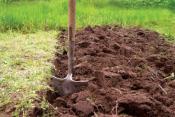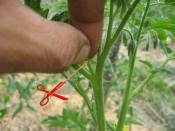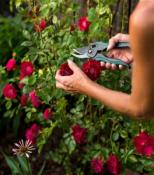Search
Login
We practice organic farming
Due to the growth of environmental pollution, organic farming is increasingly popular. Grown fruits and vegetables without the use of chemicals, meet high quality standards, contain only healthy vitamins and contribute to longevity. Thanks to the discovery, which was made more than 100 years ago by a famous philosopher, now we have a unique opportunity to grow cultivated plants in the garden using the ecosystem.
Content
- A bit of history
- Agrotechnics of natural agriculture video
- The soil video
- Plant nutrition
- Mulching
- Watering
- Proper planting video
- Natural plant treatment and pest control
- Biodynamic calendar video
A bit of history
The founder of biodynamic agriculture is the Australian philosopher and scientist Rudolf Steiner, also known as the creator of Waldorf pedagogy. According to Steiner, natural farming gave a powerful impetus to the unity of man with the natural environment, understanding the meaning of each blade of grass, and the use of organic waste. This is the brightest side of Rudolf Steiner's lectures.

A controversial issue remains his doctrine of the mystical influence of cosmic forces on plant growth, according to the philosopher, this method is spiritually defined and cannot be proved by scientific research.
Agrotechnics of natural agriculture
Steiner's biodynamic ideas are integrated into organic farming and deserve attention. Today, biodynamics and organics have become synonymous, the goal of using these methods is the same - to grow healthy products.
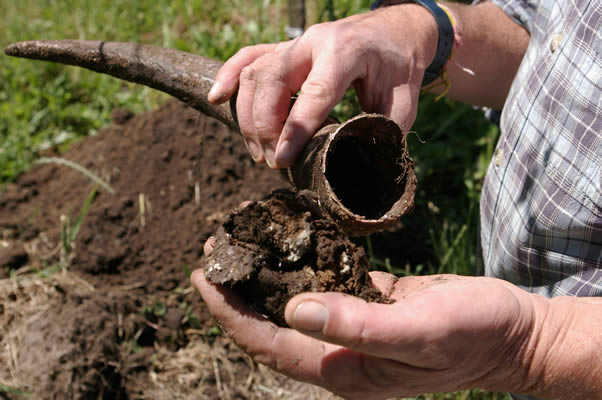
Natural farming in the garden is different from traditional farming using only organic fertilizers and minimal intervention. Let us consider in detail the natural agricultural technology in practice.
The soil
Tillage is limited in several ways - only heavy clay soil is dug.

Light soil does not need digging; in spring and autumn after harvesting, the land is cultivated with light loosening.
Plant nutrition
Composting is an important part of natural farming. Compost includes all possible garden and garden waste - dried fruits, dry and freshly cut grass, manure, bark and leaves of trees, sawdust and branches. Compost is a natural cycle - fertilizer gives the roots valuable nutrients obtained from plants, and plants, in turn, store some of the nutrients in the leaves for future compost, and share them with the person through fruits.

To improve the crop, green fertilizers are also used - green manure. Plants are planted in the garden in order to prevent the growth of weeds, to improve the quality and composition of the soil. For example, lupine enriches the soil with nitrogen and improves its structure, and alfalfa feeds the earth with calcium.
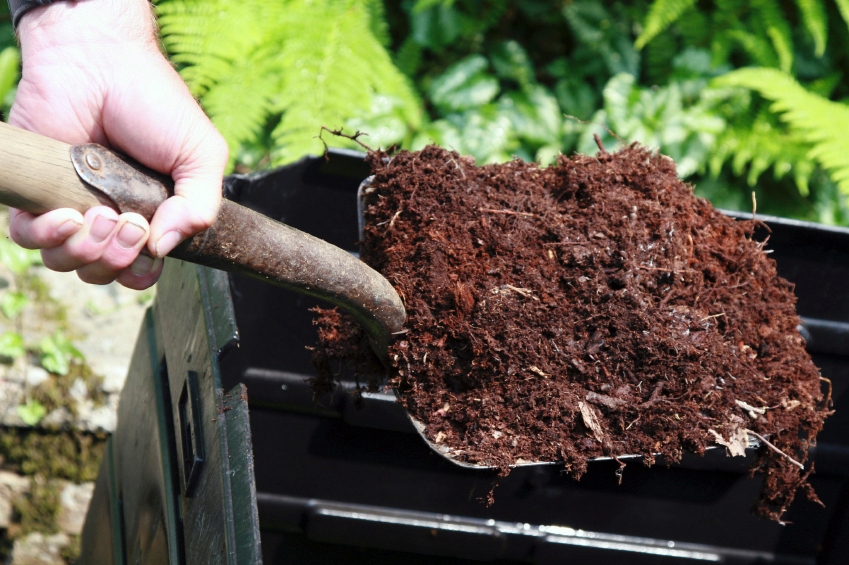
Mulching
To suppress weed growth, loose soil between rows of cultivated plants should be covered with a layer of mulch. Mulching will not only allow you to forget about the growth of weeds, the coating retains moisture and enriches plants with organic substances.

Mulch consists of tree bark, mowed grass, straw, leaves, fresh compost. Autumn leaves also belong to mulch, for this reason it is recommended not to remove fallen leaves.
Watering
Natural farming is different and watering plants for this purpose does not use tap water. Try to take water from other sources, it can be water from a well or rainwater. In heavily polluted areas it is not worth using natural water.

In this case, I would like to mention the advantages of tap water - a high oxygen content.
Proper planting
Planting planning begins with the right selection of plants. Some types of crops give a high yield if you plant carrots nearby (for example, beans). Other plants have the ability to deter harmful insects - garlic, parsley, nasturtium, tansy, wormwood, mint.

When planting, the distance between plants is necessarily taken into account, since close planting contributes to the development of diseases.
Natural plant treatment and pest control
The choice of resistant varieties and proper care of plants will help to avoid diseases. In emergency cases, natural remedies are used - a nettle broth (against aphids), tansy (insecticide), horsetail (fungicide).
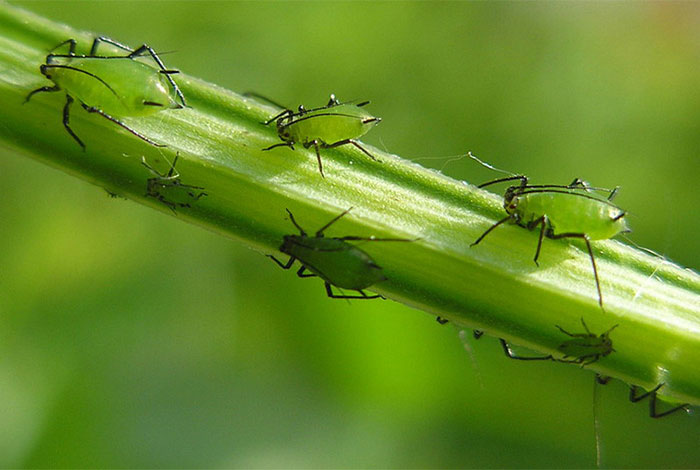
In the fight against pests, organic living farming advises maintaining the life of carnivorous insects on the garden site (they feed on harmful insects) - ladybugs, female beetles, lacewings, and riders.
Biodynamic calendar
The use of such a calendar by experienced gardeners is quite rare, however, there are opinions that this type of astrology really works. The biodynamic calendar takes into account several aspects of the influence of the moon on the plant world:
Landing days. This is the period when the moon is in an increasing position, it is most favorable for planting seeds and seedlings.
Days of leaves, flowers and fruits. The moon on certain days is against the backdrop of various constellations. It is the constellations that determine when to pick fruits, prune shrubs, weed beds, cut flowers.
Lunar nodes. It is assumed that during the intersection of the orbits of the moon and the Earth, it is forbidden to perform any action on the garden site.
Organic farming, the video of which you are now watching, with the right approach gives successful results.
